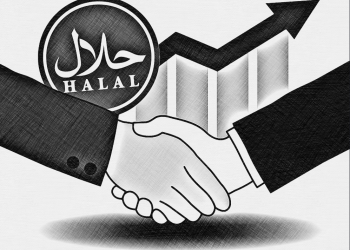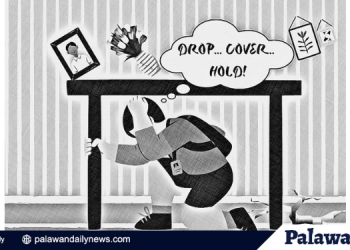Since the start of the year, there have been seven consecutive weeks of oil price hikes that may not have just taken a toll on one’s supposed weekly or monthly budgets to cut from their salaries. Yet, about three days ago, the government released another schedule of oil price hikes: gasoline – PHP1.05/L, diesel – PHP1.05/L, and kerosene – PHP0.65/L. In the previous month, gasoline prices have also increased by PHP7.80/L, PHP10.20/L, PHP10.20/L, and PHP9.10/L in petrol.
This situation is seen to have stemmed from the inflation of the country, if not the whole world. Add to that are the soaring demand for oil and the impending attack of Ukraine by Russia, which is the second-largest producer of oil.
Not only that it affects individuals who own private vehicles or those who ply public utility vehicles, but the hike also directly affects those who commute on a daily basis as point-to-point fares may increase, micro-sectors specifically those with canteens that use kerosene for cooking, higher charge in electricity due to diesel-fueled generators, local and international transport of goods, plus other activities that involve petroleum use–in short, if input costs rise, the cost of end-products are likely to follow.
Although the successive increases in oil price indicate a good sign of demand of the public to certain supplies (for which was put on hold due to the rise of pandemic), the move is likely to tarnish the attempt of the economy to gradually recover, for the prices of the necessities are also expected to rise due to the community clamor.
However, it is also reasonable to have these oil price hikes due to the Downstream Oil Industry Deregulation Act of 1998 which mandates a state to “liberalize and deregulate the oil industry so firms can indulge in a competitive market and continuous supply of high quality and environmentally-clean petroleum products.”
Additionally, being the utilization of PUVs as one of the top sources of income of the other end of the socio-economic hierarchy, the brunt in oil price hikes urges the vehicle operators and drivers to demand for another transport fare hike that would also be unfair to be taken against them because they are also just humans trying to survive each day. If anything, the operators and drivers are one of the large groups who were heavily affected by the sudden detour of life due to the pandemic, now, facing another hefty burden for the continuous rise in fuel, resulting in numerous strikes for a call to hear their sighs.
Preferably, what could be steady for the inevitable rise of demand in oil is for the concerned departments in the government to design support for working classes in the transportation sector, or to plot subsidies that may help to ease day-to-day expenses. After all, if not because of them, the economy might not have been established to what it has become today, highlighting the good parts of it.
These palliative measures should be paralleled by long-term policies to cushion the impact of oil price movements in the world market. The challenge, thus, is not only for the Department of Energy to think for the long haul but more importantly for the national candidates—presidentiables, senatorial—to craft a solution to this perennial problem and implement it or push hard for its implementation once they are elected into office.


![[EDITORIAL] The higher the demand, the more it painfully strikes](https://palawandailynews.com/wp-content/uploads/2022/02/Editoriall-750x375.jpg)

















Discussion about this post